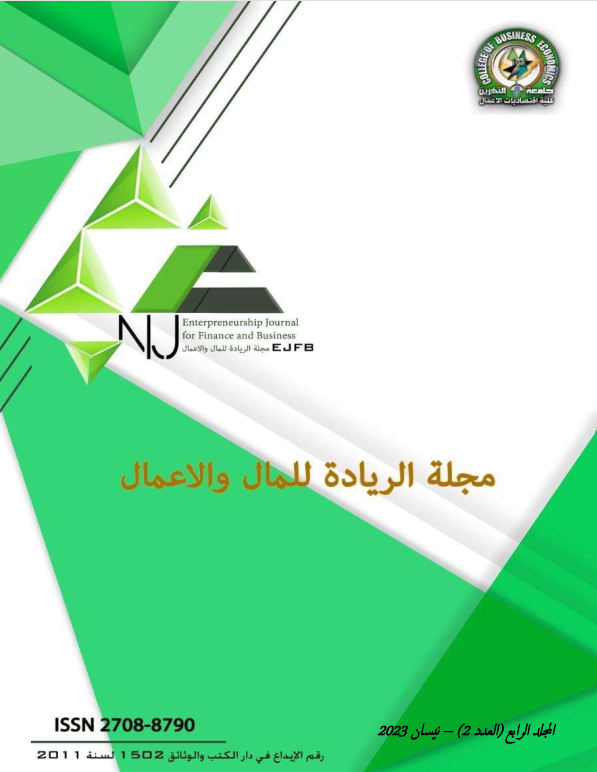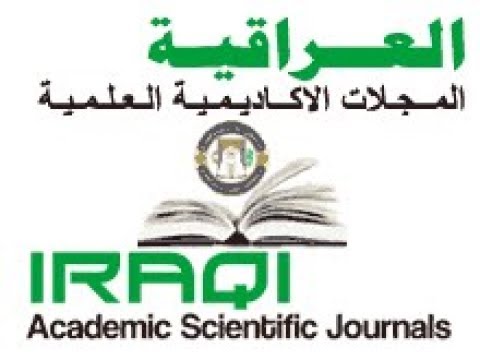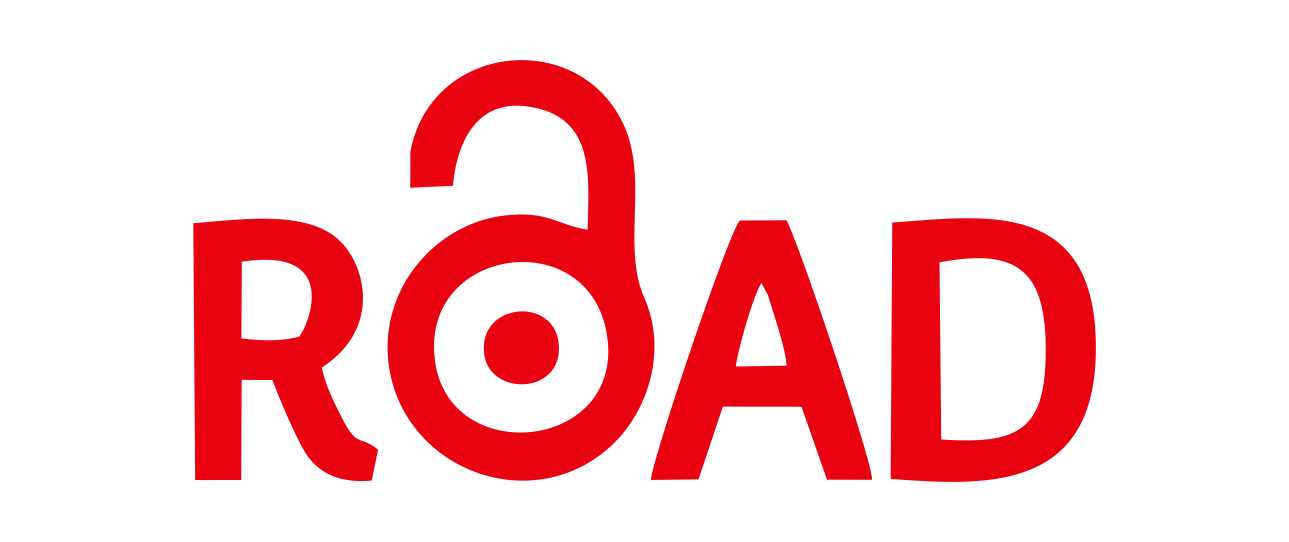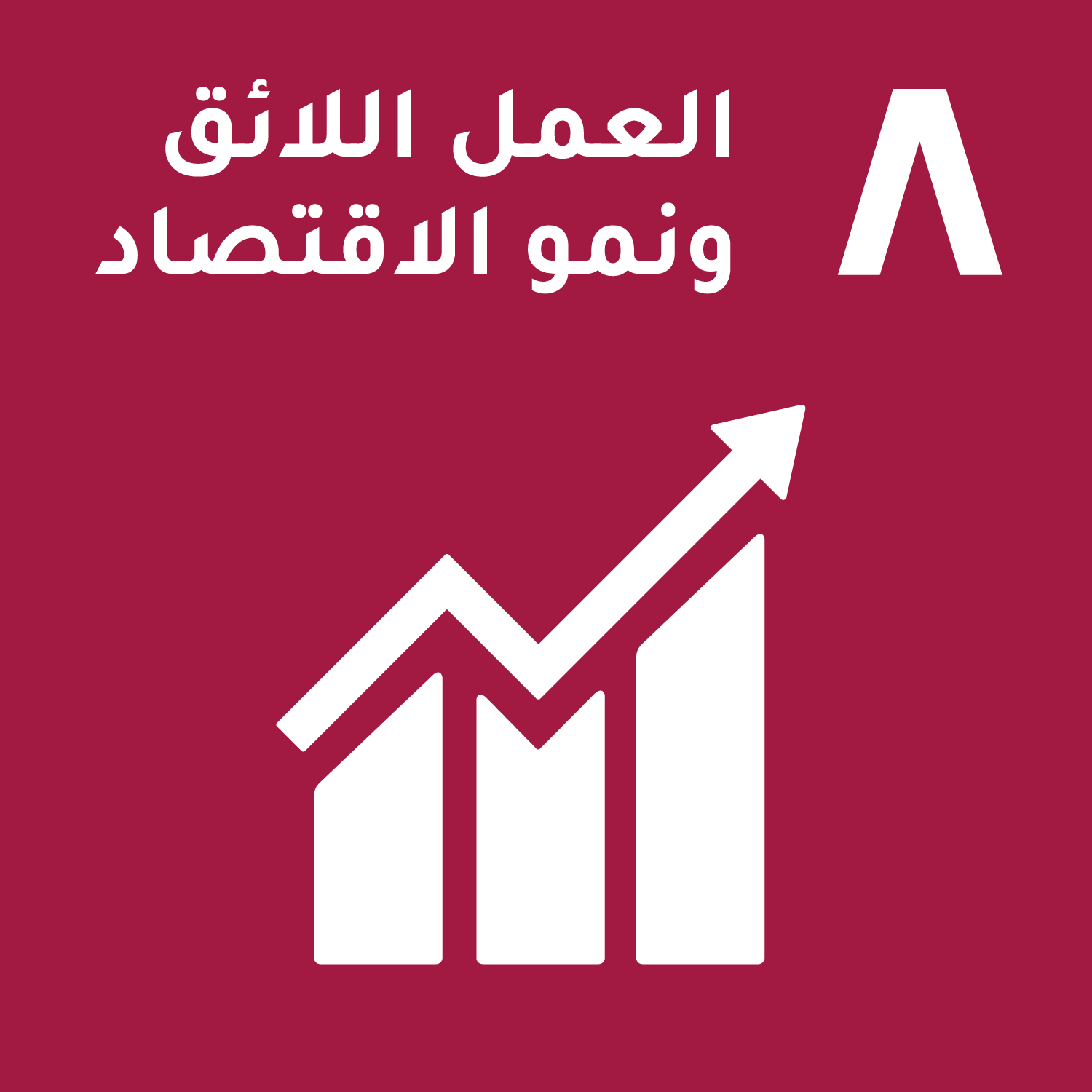The Impact of adopting Balanced Score card- Environmental Social Responsibility Indicator in achieving qualified financial projects (Central Bank of Iraq CBI as a case study)
DOI:
https://doi.org/10.56967/ejfb2023279الكلمات المفتاحية:
economic environment، globalization، external environment، internal environment، environmental social responsibilityالملخص
Problem Statement: economic environment differs than before, due to the rapid strategic changes and high level of demand for qualified services and/ or goods, that leads to another sense of competing among businesses, especially in last decades of 20th century, business environment involved in globalization to response and satisfy customers depending on the interaction between society as (external environment) and business’s infrastructure as (internal environment). These changes need a rapid response that means using new systems in planning strategies, organizing, leading and controlling as well to sustain and survive.
Methodology: it is a descriptive paper that analyze the results through depending on non- experimental design through three (retrospective, longitudinal, and cross- sectional) indicators to examine environmental social responsibility ESP as one of balanced score card perspectives. Results: there is a positive impact of adopting ESRP to achieve qualified financial projects. Conclusion: the interlinkage between external environment (society) and internal one (business infrastructure) is very tight, but the horizon to understand this tight relationship is still fuzzy, due to the dynamic changes of those interlinkages and more efforts have to be done to enrich this phenomenon.
التنزيلات

التنزيلات
منشور
كيفية الاقتباس
إصدار
القسم
الرخصة
الحقوق الفكرية (c) 2023 رشا عبود

هذا العمل مرخص بموجب Creative Commons Attribution 4.0 International License.
هذه هي مقالة منشورة بنمط الوصول الحر وموزعة تحت شروط ترخيص المشاع الابداعي نسب المصنف (CC BY) 4.0 دولي التي تسمح بالاستخدام غير المقيد، التوزيع، واعادة الانتاج في أي وسيط أو صيغة، والتحوير أو البناء على المادة، بما في ذلك للأغراض التجارية، شريطة أن يتم نسب العمل للمؤلف الأصلي.









